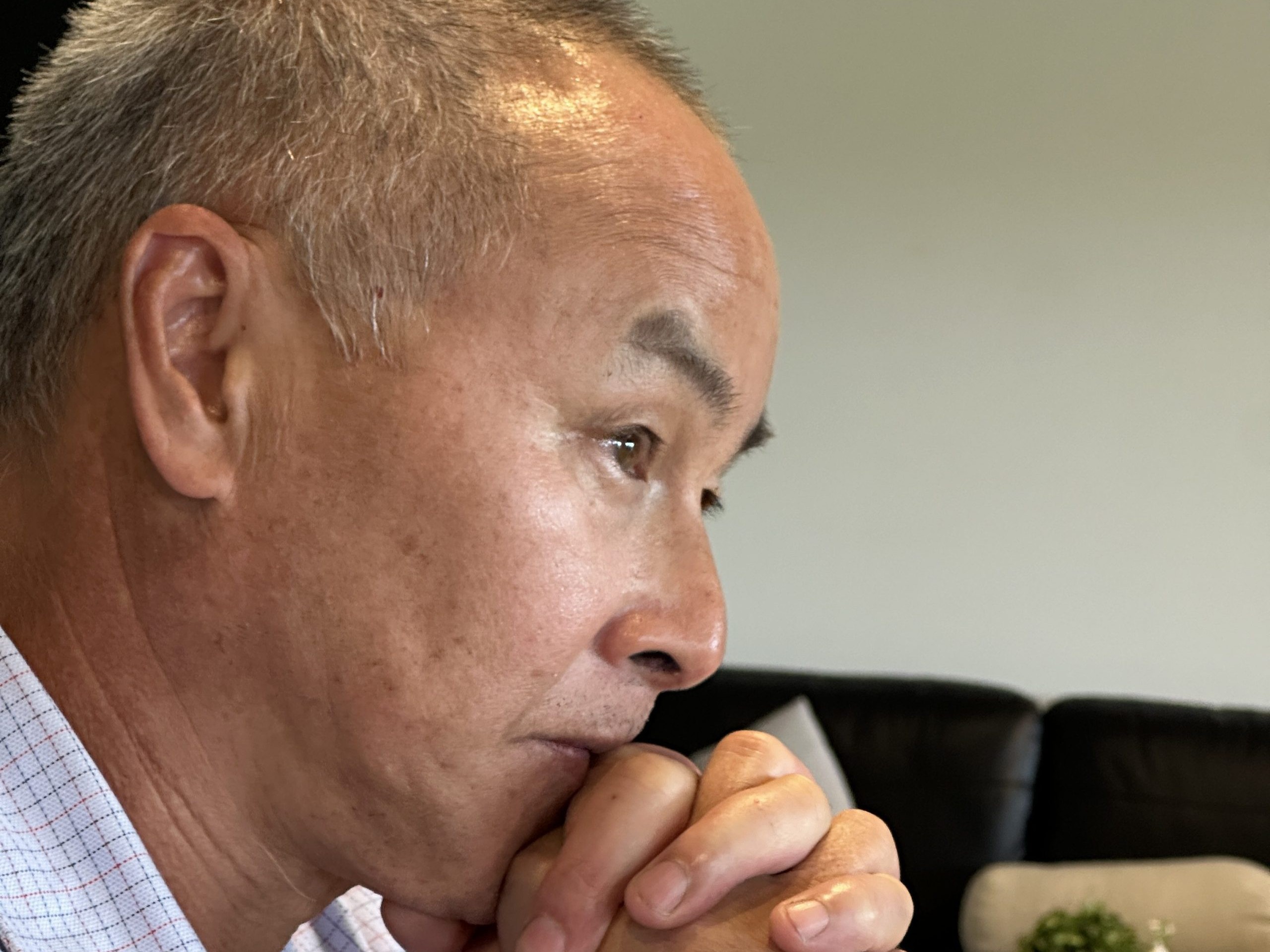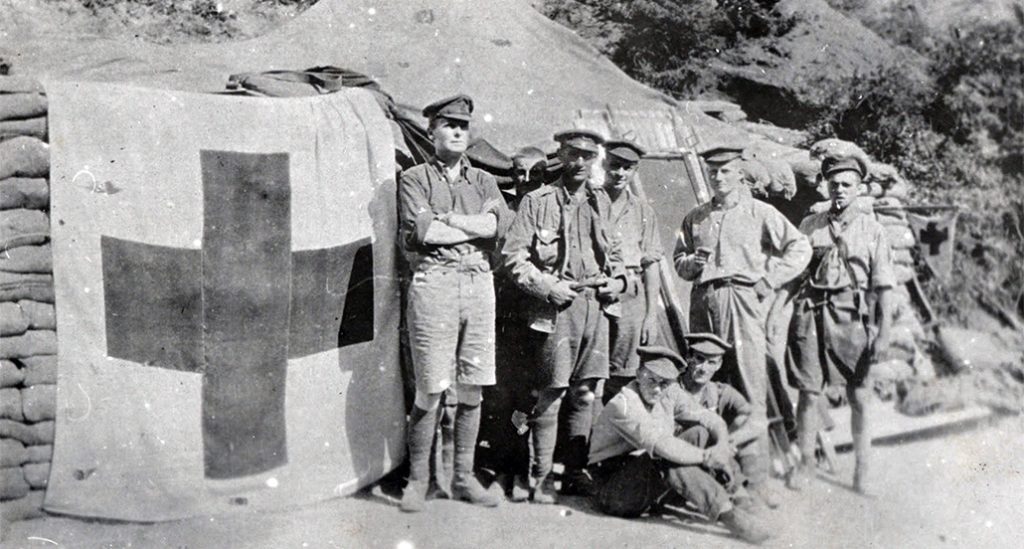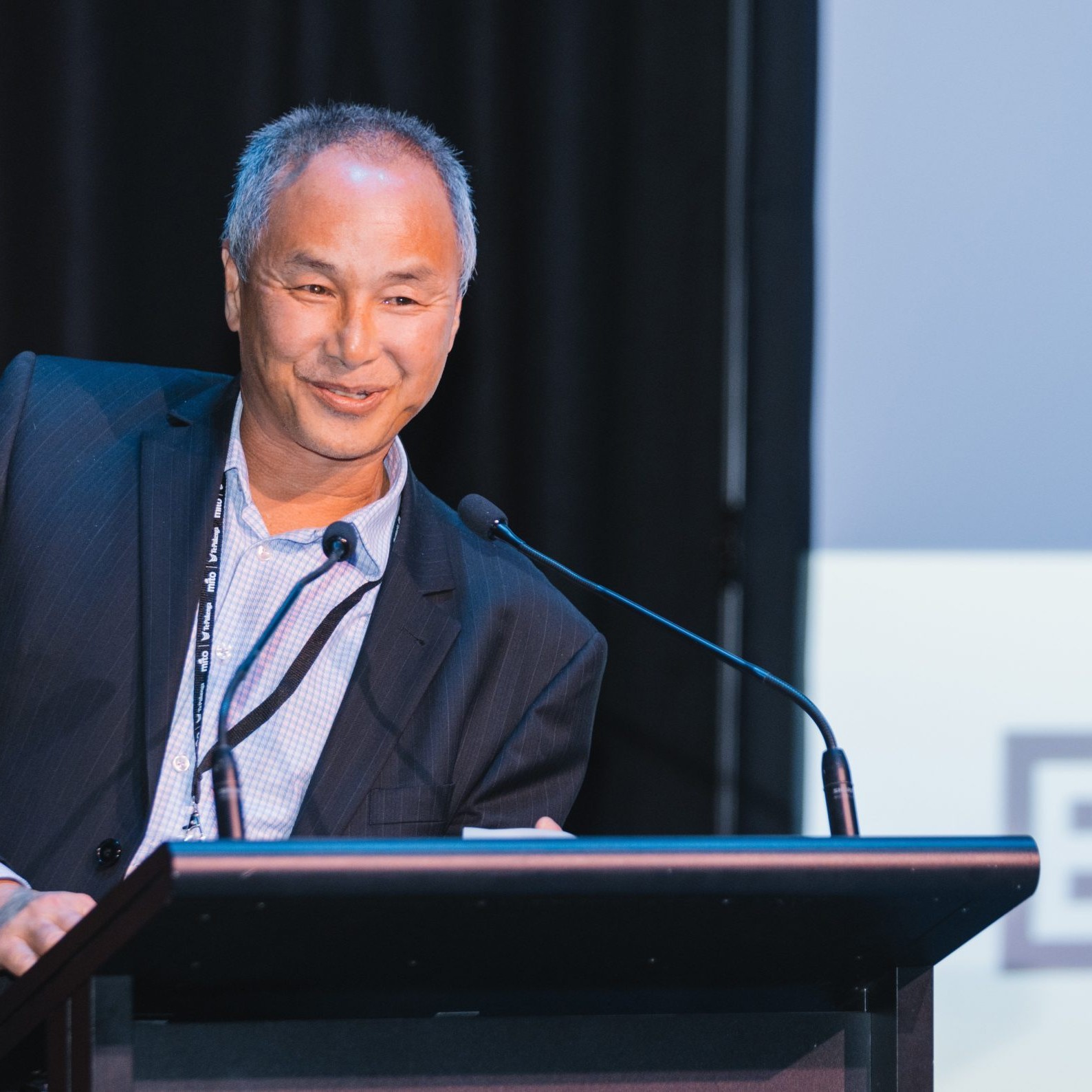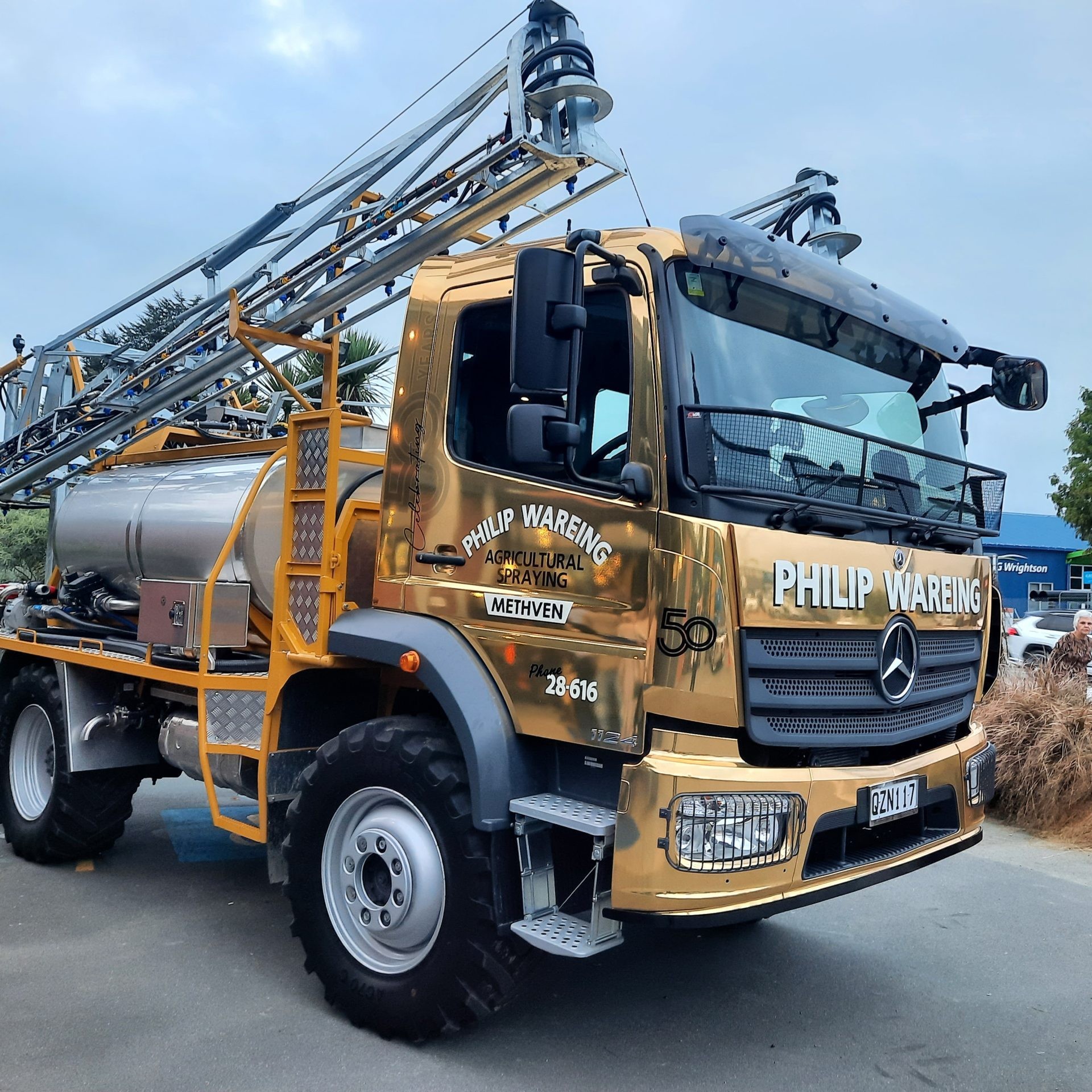
I find ANZAC Day one of the most sobering holidays on our national calendar. The thought that over half of the 20,000 Australian and New Zealand troops that landed at Gallipoli were killed or wounded, and the conditions they faced, is frightening. The levels of bravery and commitment of the soldiers who went to war is something I find difficult to comprehend and I can only imagine. I am very respectful of anyone involved and I think it is very good that we respectfully commemorate it.
As ANZAC day approached, I saw a number of stories in the media about the future of RSAs. I’ve listened with interest because many of the challenges that the RSAs face are not dissimilar to member organisations like us and it’s good to see these issues trying to be addressed. I hope an enduring solution is found to ensure that the sacrifices that service people made continue to be honoured.

I appreciate the vast majority of our members may not be interested in our constitution and governance structure but the review and reform we are undertaking is something that has to be done to ensure we’re well placed for the future. It is progressing well and on track to be completed at the end of next month. I’m very grateful and appreciative for those people that have given considerable thought and provided feedback on it.
Transport vs modal share
One of the things that I have been concerned about previously are government policies to drive modal shift for the sake of achieving some arbitrary mode share distribution.
So, it was refreshing and exciting to attend the opening ceremony of the Fairfield Road Rail Freight Hub last Friday. Congratulations to the leadership of the Wareing Group, and the support and commitment of the local council, KiwiRail, and the previous and current governments.
I’ve never owned or operated a transport business but while at Z I was involved in procuring transport services. Our thinking and decisions back then were driven by what was the best way from a supply chain perspective rather than there being any pre-determined transport mode and as such we investigated the feasibility of railing fuel from Lyttelton to the West Coast.
I was fascinated to see the Fairfield Freight Hub come to life as a great demonstration of thinking strategically about the movement of goods, taking into consideration the availability of assets and infrastructure – containers, trucks, trains, ports, and road – and the impacts and outcomes of the solution on things like environment and society.
The hub is a tremendous facility which I have no doubt is good for transport and NZ Inc., not to mention the local economy, and we wish it every success.
HSWA Act
The judge-alone trial hearing the Maritime NZ charges against Tony Gibson, former Port of Auckland CE, breaching the health and safety legislation, began this week. The trial is expected to last several weeks. It is the first time a New Zealand chief executive has been charged over a workplace fatality.
Maritime NZ prosecutors claim there were “systemic deficiencies” in terms of health and safety procedures at the port under Gibson’s watch and they argue Gibson failed to use his “influence, power, and resource” around the boardroom and executive to properly monitor those failures and ensure necessary steps were taken to keep workers safe.
“An officer who can influence the organisation’s health and safety performance must do all that they are reasonably able to do: the buck stops with them,” prosecutors allege.
However, Gibson’s defence lawyer, John Billington, KC, says his client cannot be held “criminally negligent” for the tragedy of worker Pala’amo Kalati’s death. While Gibson had overall responsibility for port operations, he was not personally liable for the failures of individual systems and staff over which he had no direct control, Billington argued. “He was but one of 650 employees at the time, albeit the most senior. The conduct of POAL is not attributable to Mr Gibson.”
This case will have implications for transport businesses and we will follow it with interest.


